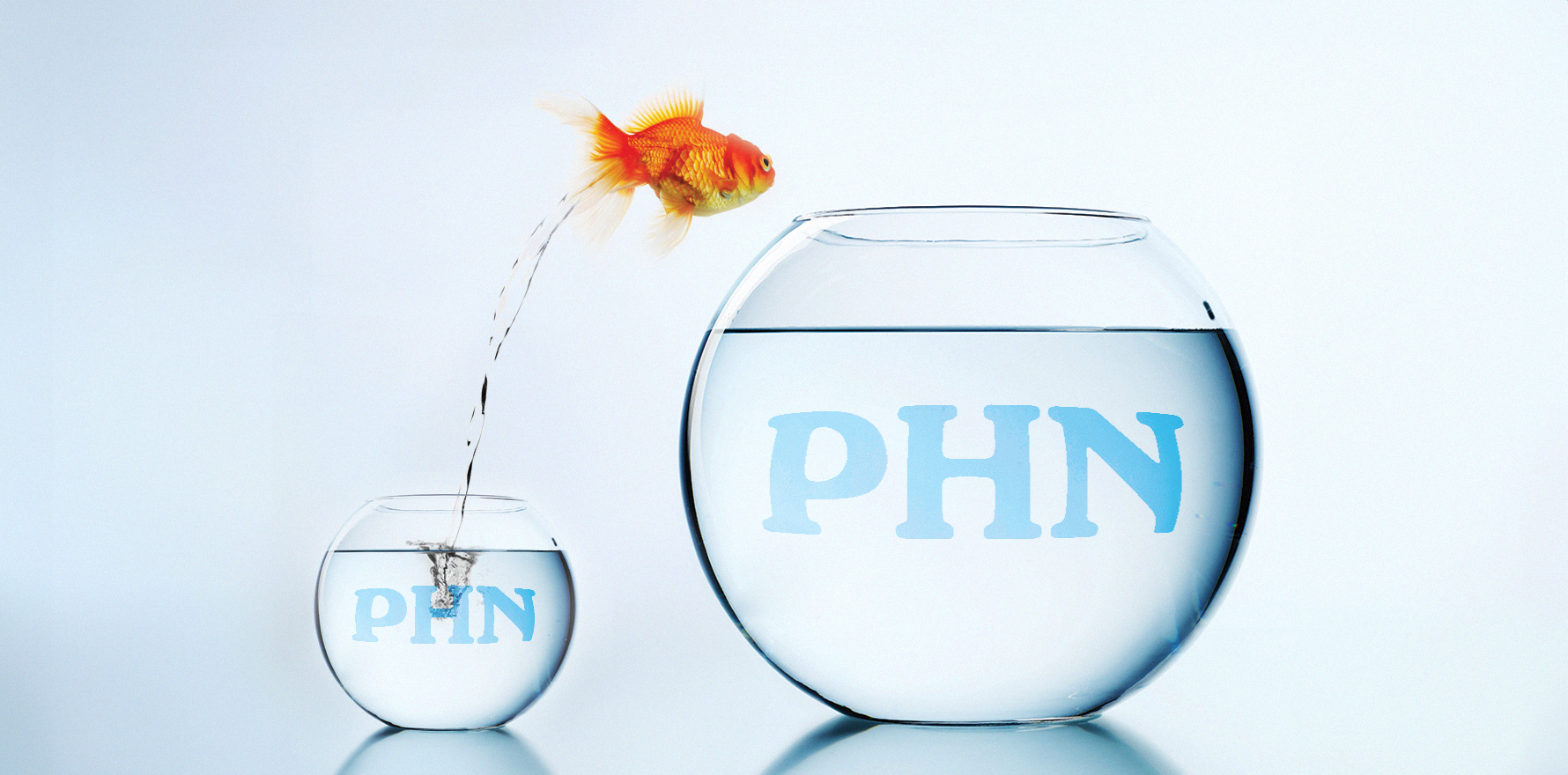The head of Queensland’s largest PHN has a plan to build service provision and capability.
The CEO of Queensland’s biggest PHN in Queensland has called for primary healthcare networks to be made larger to enhance capacity building and service provision across wider regions.
Speaking at the AHHA’s Value-based Healthcare Conference in Brisbane this morning, Mike Bosel, CEO of Brisbane South PHN, said he believed larger PHNs would be the preference of state governments going forward.
The BSPHN currently services a population of almost 1.3 million.
“If I was redesigning PHNs, I would be looking at widening my responsibilities,” Mr Bosel told delegates.
“Not because I want more problems but because if I can provision service X in the metropolitan area, and on the islands, and in the Scenic Rim area, that means I can build capacity.
“Most states don’t want to be dealing with – in Queensland – seven PHNs, they want to be dealing with three or four. That will respond to the regional commission requirements, and it’s something that needs to change.”
Mr Bosel was speaking on a panel examining value-based healthcare pathways which included lymphodema and cancer survivor patient advocate Monique Bareham, Associate Professor Reema Harrison from Macquarie University, and Dr Alicia Veasey, an ob/gyn and co-chair of the Queensland Aboriginal and Torres Strait Islander Clinical Network.
Mr Bosel said the PHN’s one responsibility was to respond to the needs of the local population. He used the case of a childhood testing program set up in daycare settings as an example.
“This assessment of [childhood development milestones] is not done in a primary care setting,” he said.
“It is done in daycare. The follow-up assessment is also done in the daycare setting.
“If you had said to me three years ago that we would be commissioning services in a daycare setting I wouldn’t have believed you. And that demonstrates how we can and need to change where the final point of care delivery is.”
Mr Bosel said one of the most important roles of a PHN was to “recognise when we don’t have a role to play”.
“I am very proud, for example, that Brisbane South was the first PHN to hand over all of our funding for First Nations care to the local First Nations organisation,” he said.
“We did that because we recognised that the community-controlled organisation in our area was particularly strong and had more ability to respond to the population’s needs than we did.”
Dr Veasey challenged the delegates to recognise that Aboriginal community-controlled models of care epitomised value-based healthcare and that without community control health outcomes for First Nations Australians would not improve.
In the wake of the No vote’s win in The Voice referendum on 14 October, Dr Veasey’s comments brought sustained applause from the audience of delegates.
“When we think of care pathways, the willingness of First Nations people to engage with the health system is going to be influenced by their experience and whether the system is actually truly comfortable for them,” she said.
“Individuals will come and go. Individual agendas, political cycles, strategies and policies will come and go, but as people and as a community we remember.
“The work of governments of the past continue to impact.
“Why would we engage in a system that denied us care? Why would we engage with a hospital which stole my grandmother? Why would we engage with a health system that turned away young black women from the hospital with Panadol who have died?”
Dr Veasey cited the Alaskan model of community-controlled care as a template for success.
“If we look at what self-determination does for diverse and regionally rural communities we can see it,” she said.
“[The Alaskan success] was through a customer-owner service based on non-hierarchical doctors’ offices, consumer-driven, with investment in behaviour and community supports. There was [huge improvement in outcomes] within one generation — 58% less specialist outpatient appointments, and 42% fewer emergency presentations.”
The same old approaches to Aboriginal and Torres Strait Islander healthcare would not change anything for the better, Dr Veasey said.
“While we continue to operate with these separate colonial systems in a individual approach to healthcare … rather than as a collective, we will continue to perpetrate violence,” she said.
“We have to lift our eyes as a nation and as a community ourselves.
“Unless we recognise and embed Aboriginal and Torres Strait Islander peoples’ sovereignty and a right to self-determination, we will not achieve anything. We will have short term programs, we will have people that come and go but no lasting change.
“When we think about Aboriginal and Torres Strait Islander health and our communities, the way that we design the system for our communities is good for all communities. And so if we can design our health systems around serving the needs of our Aboriginal and Torres Strait Islander people, refugee communities, those who are marginalised and pushed to the outside, we make a better health care for all people.”
The conference continues tomorrow.

